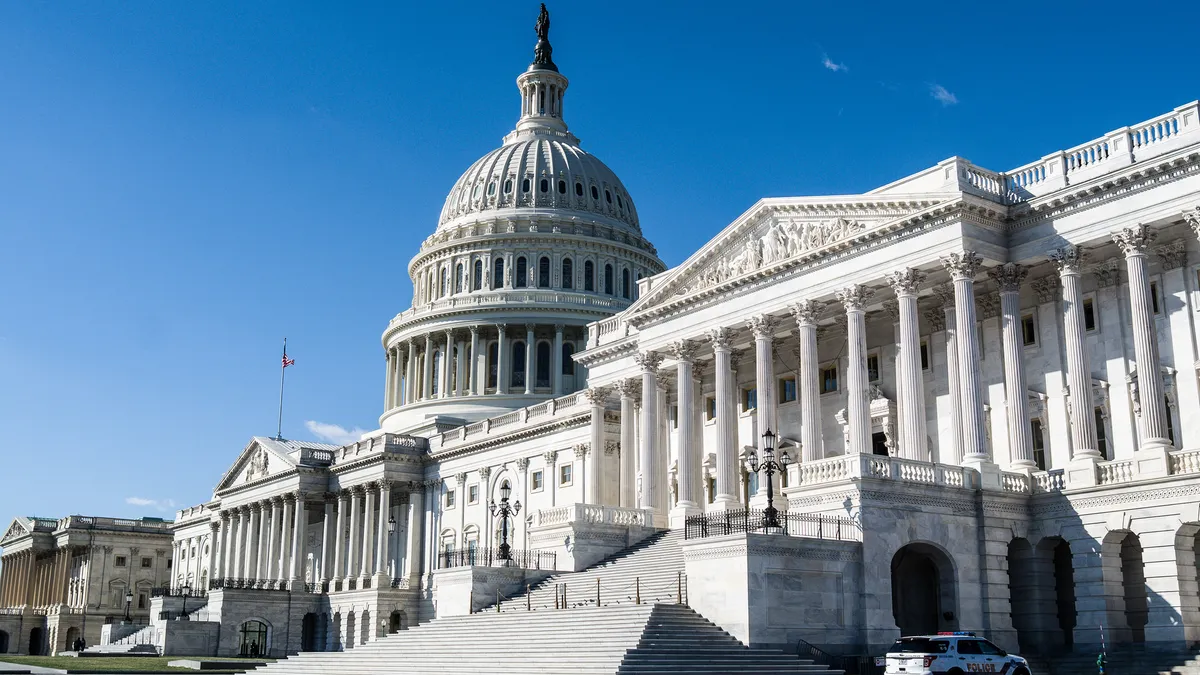Dive Brief:
-
A bill introduced Tuesday by Sen. Sherrod Brown, D-OH, would require banks to maintain "digital dollar wallets," which would let unbanked consumers access stimulus payments for coronavirus relief.
-
The bill, dubbed the "Banking For All Act," would let consumers set up "FedAccounts" at local banks and post offices. Account holders would receive debit cards, online account access, automatic bill pay, mobile banking and ATM access at post offices.
-
"My legislation would allow every American to set up a free bank account so they don’t have to rely on expensive check cashers to access their hard-earned money," Brown, the ranking Democrat on the Senate Banking Committee, said in a statement. "I look forward to continuing to negotiate with my colleagues, and urge them to prioritize people over big banks and corporations."
Dive Insight:
Brown’s bill comes as the White House and Senate struck a historic deal early Wednesday over a $2 trillion coronavirus relief package for workers and businesses designed to ease the economic impact of the pandemic. The Senate approved the package late Wednesday night. The House is expected to vote on it Friday.
The bill aims to give the nation’s unbanked or underbanked households direct access to a bank account so they can receive their stimulus checks.
About 8.4 million U.S. households were unbanked in 2017, according to Federal Deposit Insurance Corp. (FDIC) data. The regulator found an additional 18.7% of U.S. households were underbanked in 2017, meaning the household had an account at an FDIC-insured institution but also obtained financial products or services outside of the banking system.
"FedAccounts can be used to make sure that everyone who is entitled to COVID-19-related relief receives it quickly and inexpensively," the Senate Committee on Banking, Housing, and Urban Affairs said in a statement. "That means that people will not have to rely on costly check cashers or other alternative financial services."
FedAccounts would not be subject to fees or minimum or maximum balances and would be managed by the Federal Reserve.
"At the height of this pandemic we must do more to protect the financial wellbeing of hardworking Americans and consumers," Brown said in a statement. "They are on the front lines of this crisis and are already feeling the effects of the economic fallout."














